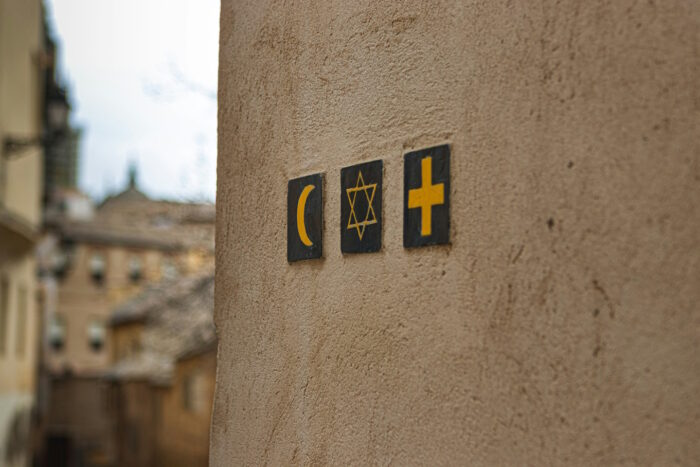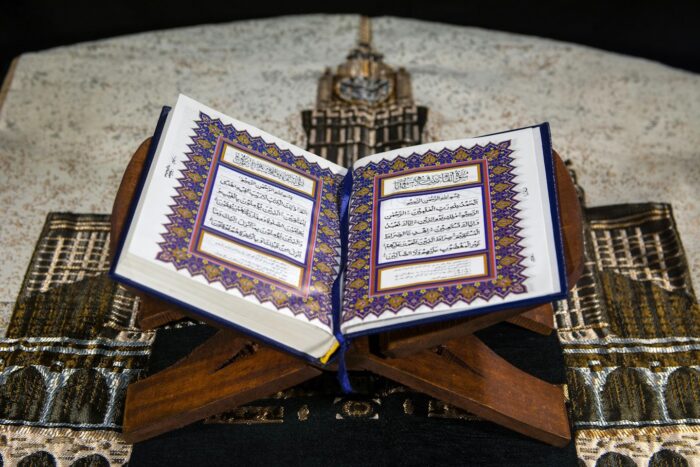Theology, Religion & Philosophy of Religion
- UCAS Code: V600 BA/TRS
- Campus Code: 4
- Duration: 3 years
- Places per year: 1-2
Theology, Religion, and Philosophy of Religion at Cambridge addresses fundamental questions through a range of religious traditions and philosophical standpoints.
Explore contemporary and historic thought, culture and texts through philosophy, ethics, history, literature, languages, social sciences and classics.

Theology, Religion & Philosophy of Religion
Looking for something specific? Use these quick links to get to where you want to go…
Course Overview
This course addresses fundamental questions and develops your understanding of the significance of religion and its cultural contexts.
You’ll be able to choose from a range of academic perspectives on the study of faith, including:
- history
- the careful reading of ancient scriptures
- rigorous philosophical analysis
- the latest insights of the social sciences
You will also explore connections between faith and literature, science, ethics and politics.
Religions that you will cover in depth during the course include:
- Christianity
- Judaism
- Islam
- Hinduism

How You Learn
Teaching is provided through lectures, classes and small-group supervisions.
You will typically have up to 9 hours of classes and lectures each week, including 6 for non-language papers and 3 for languages. You will also have supervisions each week. Supervisions are an important opportunity for students to ask questions, try out new ideas, receive dedicated feedback on their work and begin to develop their thinking skills. This approach to teaching is one of the great strengths of Cambridge University.
Assessment is either by examination at the end of the year or by assessed essays. In the final year a student can also opt to write a dissertation on a topic they have chosen in place of one paper.

Entry Requirements
Minimum Offer Level
A-Level: A*AA
IB Diploma: 41-42 points, with 776 at Higher Level
Other: See the University’s Entry Requirements page
Subject Requirements
While we don’t ask for any specific subjects to apply to Theology, we’d recommend any of these subjects for a strong application:
- Religious Studies
- English (language or literature)
- History
- Languages (ancient or modern)
Colleges may require A*/7 in an essay-based subject or language.
General Comments
An A Level in Religious Studies can be helpful but is certainly not required. A successful applicant will be able to make creative connections between questions explored in many disciplines – the social sciences, physics and biology, music, history, the study of language and literature, etc. – and the study of theology and religion.
Students reading for a degree in Theology, Religion, and Philosophy of Religion have a great variety of beliefs and convictions and alongside students thinking critically from within one of the world’s faith traditions there are students approaching their study as atheists and agnostics.

Admissions Process
Written Work
Two school essays, preferably related to Religious Studies or another humanities subject. You do not have to send this work before applying, we will write to you after you have applied and let you know exactly what you need to send and when.
Admissions Assessment
We do not require a written assessment for this subject.
Interviews
Two interviews of around 25 minutes each. You will be asked a range of questions, which may arise from your personal statement, from your submitted work, or from your current studies. We will also want to see how you answer unexpected questions, e.g. by asking you to talk about an unseen quotation or picture. What we are looking for, in addition to proven academic aptitude and potential for development, is deep curiosity about theology and religion.

TRPR at Trinity Hall
Trinity Hall is situated in easy walking distance of both the University Library and the Faculty of Divinity. It has a long history of valuing this subject, for example in awarding an annual prize for excellent examination results in the subject. Recent Trinity Hall students who have studied Theology, Religion, and Philosophy of Religion have gone on to work in the City, transport planning, in the charity sector, as teachers and lawyers, as well as to postgraduate study in theology, philosophy, religious studies, and international development.
Trinity Hall’s Director of Studies for this course, Stephen Plant, has over fifteen years’ experience in the role in Cambridge. He is an Affiliated Lecturer in the University in Christian theology and ethics and is a recognized international expert in Modern Theology and in theology and international development. You can listen to him on BBC Radio 4’s ‘In Our Time’, speaking about the French thinker Simone Weil and the German theologian Dietrich Bonhoeffer.
